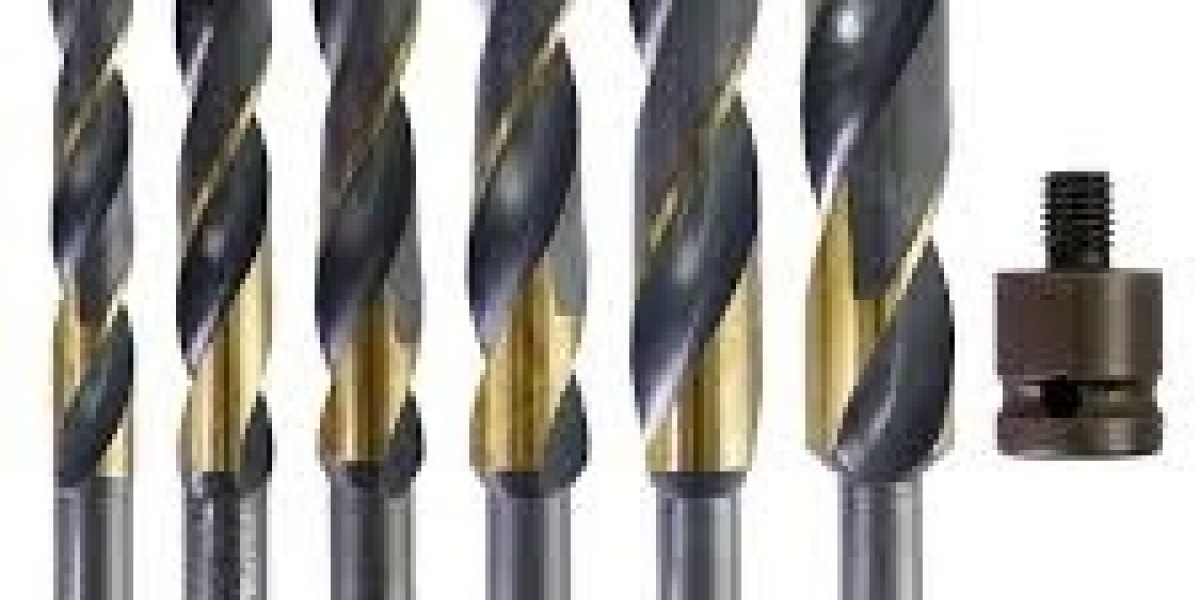Selecting the right HSS Twist Drill Bit is essential for precision, durability, and efficiency in a wide range of industrial, commercial, and home projects. Fangda provides high-quality drill bits designed to meet various material requirements, combining advanced surface coatings with versatile applications. This article explores how material compatibility and coating technology enhance performance and longevity.
Different materials require tailored approaches for drilling. Metals, plastics, and wood each respond uniquely to cutting forces, heat, and friction. Softer metals, such as aluminum, demand careful pressure to prevent bending or deformation, while harder metals, including stainless steel, require controlled speed and steady penetration to avoid overheating. Plastics and wood can splinter or tear if feed rates are excessive. Choosing the correct bit for each material ensures smooth cutting, precise holes, and reduced tool wear.
Surface coatings play a vital role in prolonging tool life and improving cutting performance. Titanium nitride coatings increase hardness, reduce friction, and provide superior heat resistance. Black oxide coatings protect against corrosion while enabling smoother cutting action. These treatments allow the drill bit to maintain sharpness, improve efficiency, and extend operational life, especially under repeated or high-stress applications.
Integrating material knowledge with coating technology optimizes outcomes. Operators must match bit characteristics to the workpiece, considering material density, hardness, and heat sensitivity. Softer materials benefit from sharper points and higher feed rates, while dense metals require reinforced tips and slower speeds. Coated drill bits reduce friction and maintain cutting efficiency, resulting in cleaner holes and longer-lasting tools.
Operator technique enhances the benefits of material and coating selection. Controlled pressure, consistent feed rates, and proper alignment minimize vibration, prevent micro-fractures, and reduce heat generation. Using clamps or guides for smaller components improves stability and precision. Awareness of material behavior combined with these operational strategies maximizes performance while preserving tool integrity.
Maintenance practices complement coating technology. Regular cleaning removes debris from flutes and surfaces, preventing corrosion or buildup that can reduce efficiency. Proper storage in a dry, controlled environment protects coatings and ensures longevity. Periodic sharpening restores cutting edges, allowing continued precision and consistent performance. Combining these practices with knowledge of material and coating properties ensures reliable results for any project.
Advanced applications benefit from combining material understanding with innovative coatings. For example, high-stress drilling in metals or composite materials requires bits with enhanced hardness, optimized geometry, and friction-reducing coatings. This combination improves efficiency, minimizes wear, and maintains accuracy across repeated operations, supporting long-term productivity. By uniting material compatibility and cutting-edge coating technology, Fangda ensures that every HSS Twist Drill Bit delivers precision, durability, and reliability. To explore premium drill bit solutions for varied applications, visit https://www.fangda-tools.com/product/hss-straight-shank-twist-drill/








